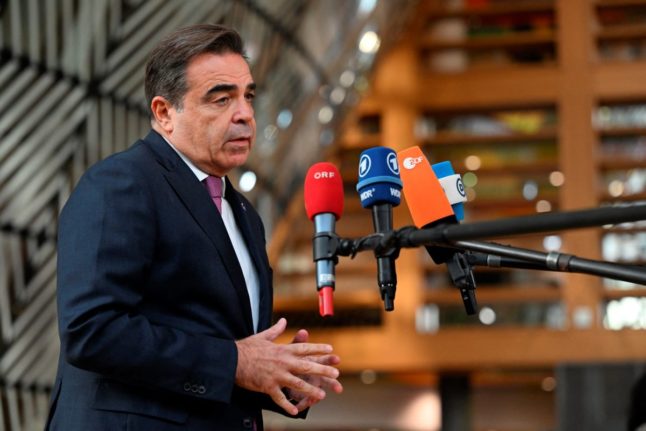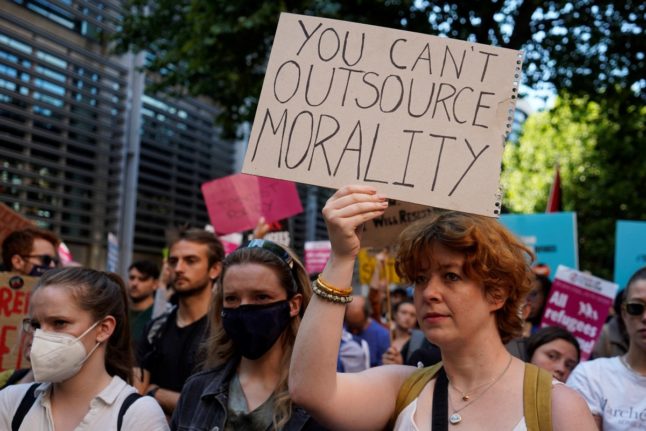The new Talent Pool is part of a new Skills and Talent Mobility package which also proposes “Talent Partnerships” with non-EU countries, better recognition of the skills and qualifications of third country nationals, and improved “learning mobility” within the EU.
“The EU’s future competitiveness will be determined by our industry’s capacity to staff its businesses,” Margaritis Schinas, Vice-President of the European Commission, said in a press statement.
“The new EU Talent Pool will be a game-changer: the first EU-wide platform matching employers in the EU directly with jobseekers of all skills levels, all around the world.”
He said that as many as 75 percent of companies in the European Union currently complained of not being able to recruit the right skills, adding that the untapped potential in the EU’s existing workforce was not enough to fill the gap.
The Talent Pool is will be a voluntary platform, to which EU member states can sign up, and where jobseekers from outside the EU will be able to look for jobs and employers within the EU will be able to list job vacancies.
The Talent Parterships will be tailor-made agreements with countries outside the EU, which will help encourage those countries’ citizens to come to EU countries to work or study, with training provided within the non-EU country to prepare workers for EU jobs.
“Jobseekers who have developed their skills under a Talent Partnership will receive a Talent Partnership Pass, visible to the participating employers, that certifies their qualifications,” the commission said in its press statement.
In its recommendations on “learning mobility”, the Commission has set new goals for the share of EU students who have spent some time studying in another EU country, calling for 25 percent of higher education graduates, 20 percent of other learners, and 15 percent of vocational learners to have studied in another country by 2030.
It also aims to increase the attractiveness of EU universities for students from countries from outside the union.
The Commission also called for member states to become more attractive destinations for labour migrants by better recognising the skills and qualifications of people from outside the EU, and also making drawing more effectively on the skills and qualifications of third-country nationals already in their countries.
In particular, it called for member states to reduce the “overqualification gap” between citizens of their own countries and non-EU citizens living in their countries, by making renewed efforts to reduce the number of foreign nationals who are working in low-skilled jobs despite having qualifications and higher education.



 Please whitelist us to continue reading.
Please whitelist us to continue reading.
When is the EU talent pool coming in action